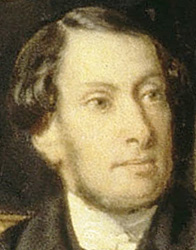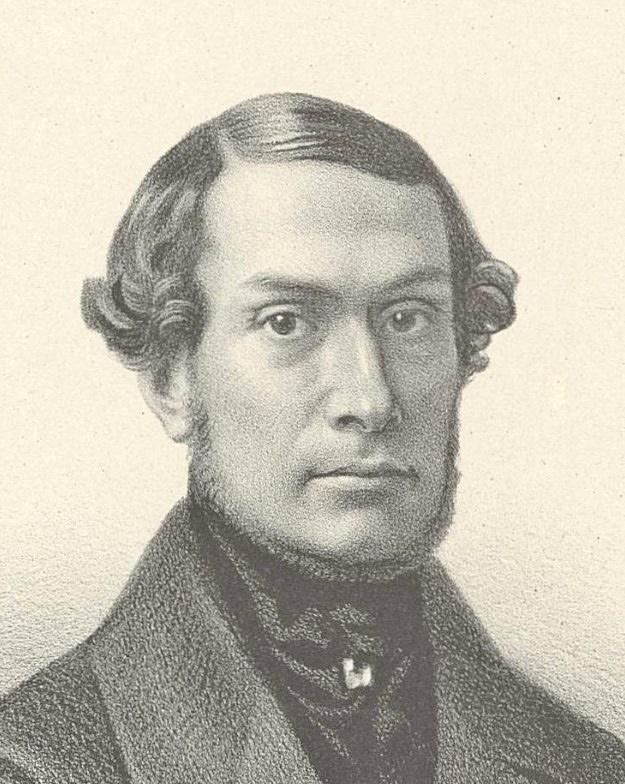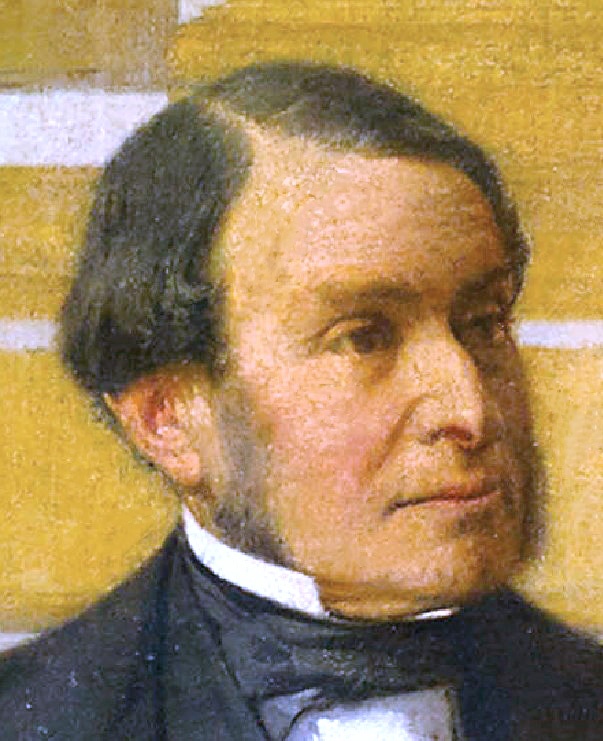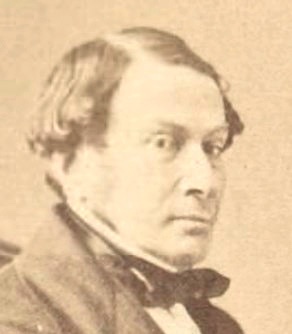Achille Fould (1800–1867), banker and Minister of Finance
1st image: Soirée; 2nd: gravure by Basin (1848); 3rd: from: L'achèvement du Louvre, by Ange Tissier (1865); 4th: Receuil: Portraits Politiques, Militaires, Religieuses (1850-1860).
His vast network spanning government, politics, and art made Achille Fould one of the most well-connected figures at de Nieuwerkerke's16 vendredi-soirées. A brilliant statesman, Fould embodied the ideals of Napoleon III and the Second Empire. Born into a banking family of Jewish origin, he possessed an innate understanding of finance but developed a deep appreciation for culture after being sent to Italy in his youth to recover from chest pains. In Rome, he met Horace Vernet31, who provided him with drawing lessons.
Louis-Napoléon, the future emperor, was immediately captivated by Fould’s intelligence and vision. He became one of his key advisors, spokesperson, and ultimately Minister of Finance—having also lent the future emperor significant sums of money.
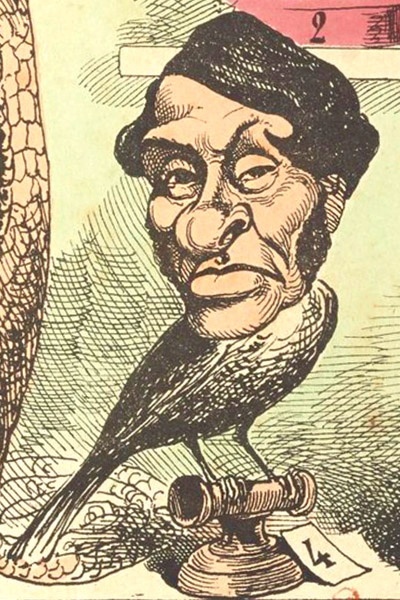
Fould managed his financial responsibilities with remarkable judgment, balancing the needs of the new government while ensuring his own interests remained protected.
Stock speculators admired him for his focus on Bonapartist investments, while his detractors despised what they saw as opportunism and a lack of moral integrity, branding him “king of the bearish investors” and a “stock manipulator.”
As one of the most influential figures in the government, Fould worked closely with de Morny48 and Fortoul46 to prevent France from financial collapse after the 1848 revolution. In July 1852, he was promoted to Minister of State and Minister of the Imperial Household, which included oversight of fine arts—explaining his presence here.
Despite his finance-focused background, he frequently impressed architects and artists with his extensive knowledge of art. He played an active role in awarding annual prizes to artists and became a trusted ally of de Nieuwerkerke in procuring artwork and advocating for reform.
When Napoleon III sought to appease the Prussians, it was Fould who ensured that Wagner’s opera Tannhäuser was performed, despite its financial loss. Alexandre Dumas submitted his manuscript for the satirical play Le Demi-Monde (1855) to Fould to avoid censorship, but was disappointed when the minister instead supported a lighter work by Scribe74.
Beyond finance and politics, Fould was an avid horse racing enthusiast, maintaining several prize-winning horses in his stables. He frequently competed against his banking associate, Baron de Rothschild.
In December 1860, Fould resigned as Minister of State due to disagreements over budget allocations. Napoleon III, unwilling to lose him, immediately reinstated him as Minister of Finance—a position he held until illness forced him to step down just weeks before his death in 1867.
There is no known caricature of Fould by Giraud11—perhaps, even within Giraud’s humor-driven works, Fould was considered too politically significant to be caricatured. Caricaturist
Paul Hadol captured him in his series La Menagerie Imperiale (albeit in 1870) depicting his as a magpie, known for stealing shiny objects (musically depicted by Rossini in his 1817 opera La Gazza Ladra - The Thieving Magpie).
